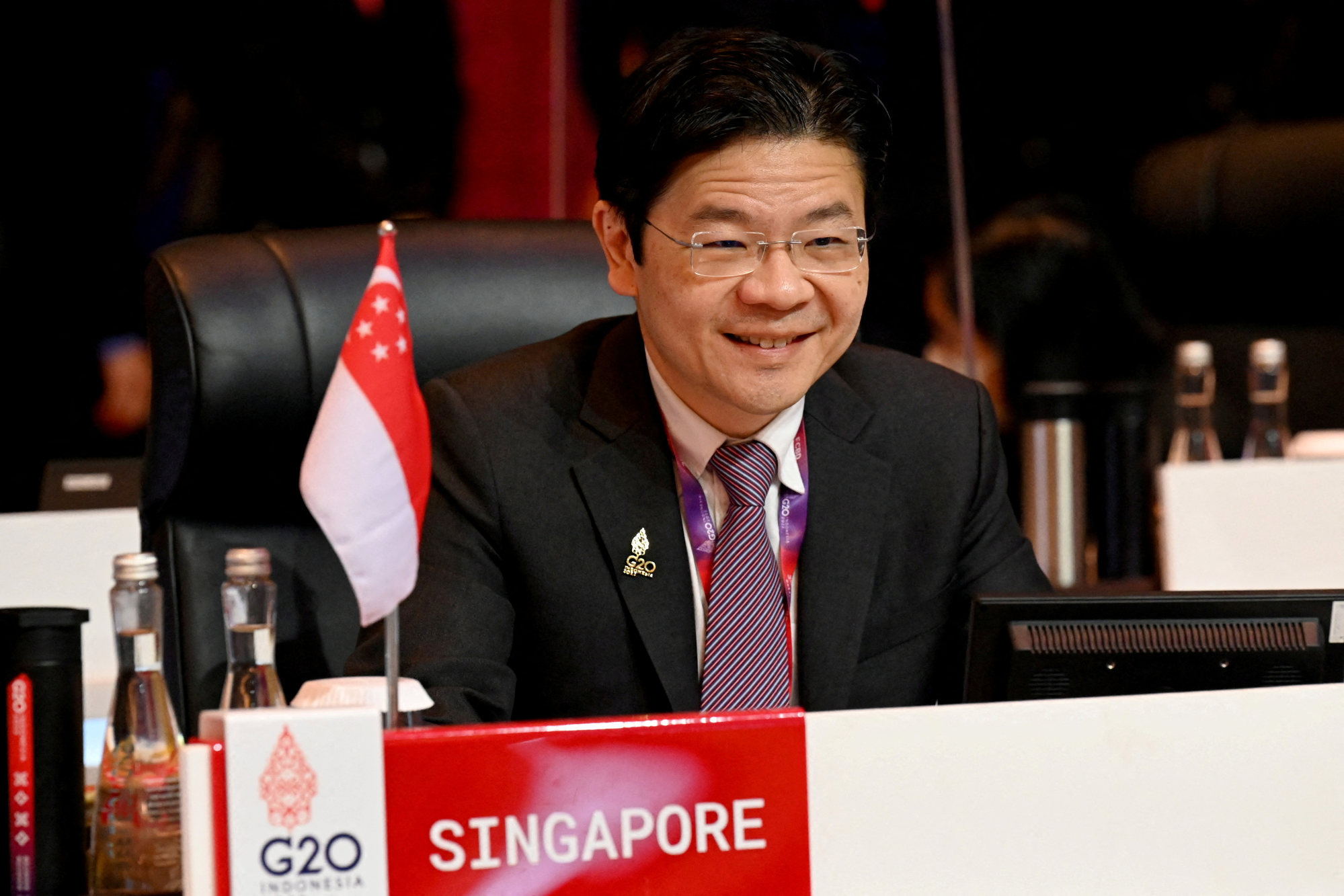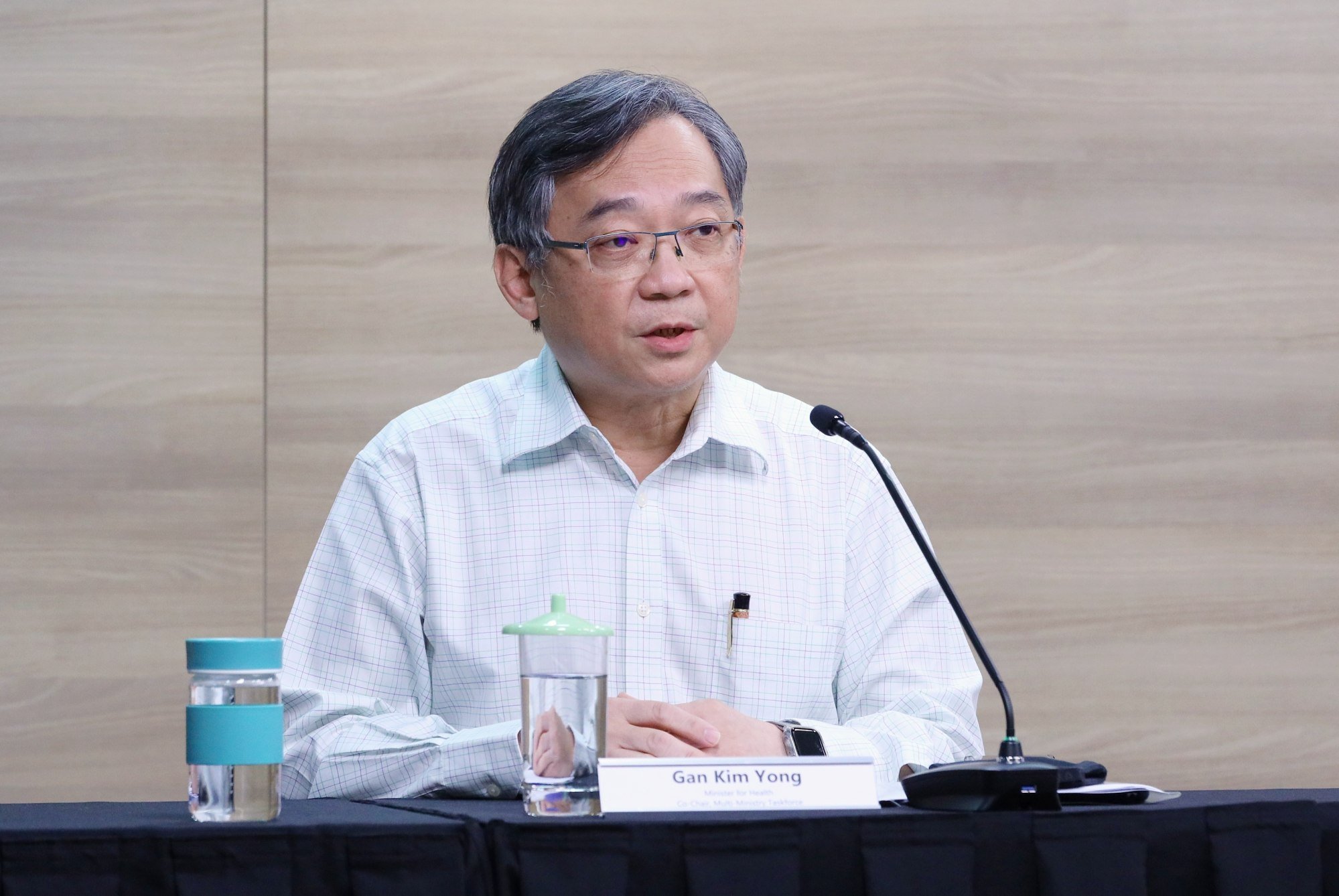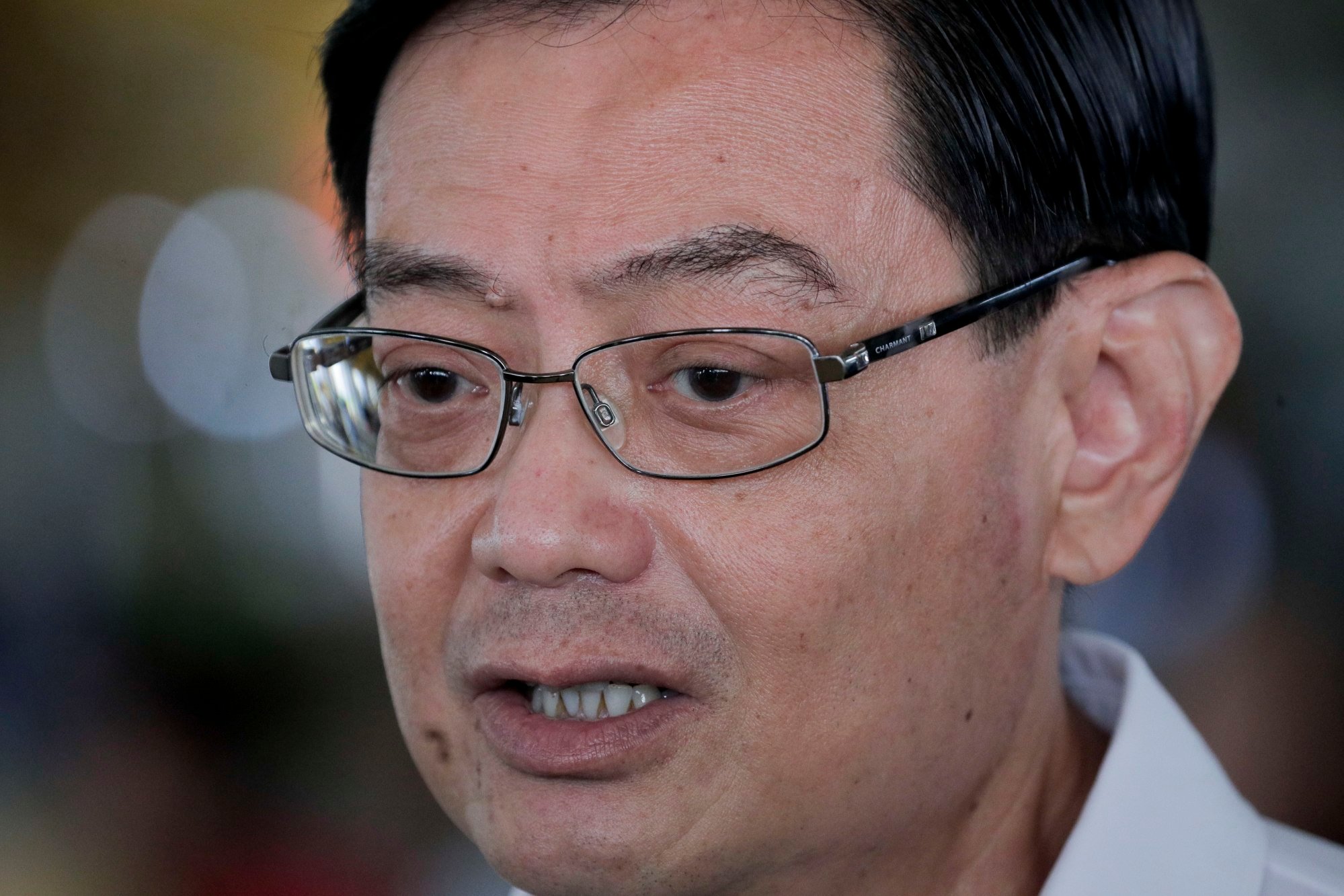“After the pandemic, we carried out a process to choose my successor. On 14 April 2022, the PAP Members of Parliament met and unanimously endorsed Mr Lawrence Wong as the person to succeed me. Now, two years on, he is ready to lead Singapore,” he wrote.

Analysts who spoke to This Week in Asia said the line-up suggested Lee would continue to play a big role within the party as senior minister even after his resignation as prime minister, in line with the tradition of former prime ministers serving a few terms as elder statesmen and offering advice to the younger team.
The reshuffle comes just two days ahead of Singapore’s third leadership transition since independence in 1965, after an unusually winding road to the succession.
Wong, 51, will be sworn in on Wednesday, taking over from Lee, the elder son of founding father Lee Kuan Yew. Observers note that Wong’s policy rhetoric has centred on maintaining the principles of the ruling People’s Action Party (PAP).
Gan Kim Yong was the minister of health and one of the co-chairs in the country’s multi-ministry taskforce before he became minister for trade and industry in 2021.
“Over the last two decades, Prime Minister Lee and his team have laid a very strong foundation for Singapore, which has given us the confidence to face an increasingly complex and challenging future,” said Gan at Monday’s presser.
“I’ve learned much under his leadership and I’m sure we will continue to benefit from his wisdom and his advice as a senior minister in the new cabinet.”
Gan may have been picked for a key role in the top echelon because of the close working relationship he had with Wong when both were leading the multi-ministry Covid taskforce, according to political scientist Bilveer Singh.

“In politics, Lawrence must be comfortable with Kim Yong and vice versa. This largely stems from their experience in politics more than anything else. Both walked together in Covid and this must be an important consideration,” he said.
Given both Gan and Heng were trained as economists, and the promotion could also signal an emphasis on economic issues, he added.
According to Chong Ja Ian, associate professor of political science at the National University of Singapore, this new cabinet will “display a lot of continuity”.
Indeed, Wong told reporters last month that the Singapore system ran on the basis of “continuity and progressive change”, adding that existing ministers would largely stick to their current portfolios.
More drastic changes to the cabinet were likely to occur only after the general election, he said last month. The general election must be called by November 2025, but widely tipped to take place later this year.
“From the outside, this looks like a gradual handover of authority although Lee still feels like he will oversee things as senior minister,” said Chong, adding that the timing of the cabinet announcement also sent a message that Wong would be ready to take on his new duties as prime minister “on day one”.
Analyst Michael Barr, an associate professor at Flinders University in Australia who closely follows Singapore politics, concurred, saying the reshuffle suggested the outgoing prime minister would maintain “a significant level of involvement” despite stepping down from his position in a few short days.
The PAP has for decades maintained a tradition of electing its top leader through consensus among the new generation of senior leaders. In the last cabinet reshuffle in 2021, Wong took over from previous heir-apparent Heng Swee Keat as finance minister.

As part of the move, Heng relinquished the influential finance ministry portfolio but stayed on as deputy prime minister. The finance minister portfolio is traditionally reserved for heavyweights in the PAP.
Heng was handed the position in 2015, and he succeeded Tharman Shanmugaratnam – a highly popular former central bank chief who is currently the president.
Wong was then named the PAP’s No 2 in 2022, following a period of uncertainty in the party after Heng announced he no longer wanted to be in the running for the top job.
Heng’s stepping aside was largely seen as a setback for the PAP’s typically carefully curated succession planning, Barr said.
The shakeup in leadership was unusual in Singapore. When founding prime minister Lee Kuan Yew handed over the reins to Goh Chok Tong in 1990, Singaporeans had known for five years that Goh was going to take over. Similarly, it was clear from that same year, when Goh appointed Lee Hsien Loong as his deputy prime minister, that Lee was going to be the country’s third premier.
Wong’s ascent is widely attributed to his management of the pandemic as one of the co-chairs of the country’s Covid-19 task force.
However, Wong and his team are likely to be in for a tough electoral season, which will take place amid a stronger appetite for political opposition from voters, analysts told This Week in Asia.
“The next cabinet will likely be in place for the next election, so their performance may affect the PAP vote share even though PAP dominance is unlikely to be challenged,” said observer Chong, noting that it may be a challenge for Wong and the PAP to match the level of support received by president Tharman in last year’s national election.
Tharman – who quit the PAP to run for president – won a record 70.4 per cent of the votes.
The PAP has governed Singapore uninterrupted since independence, but in recent years, the opposition has made significant electoral breakthroughs, clawing away some seats and taking control of two group representation constituencies.

